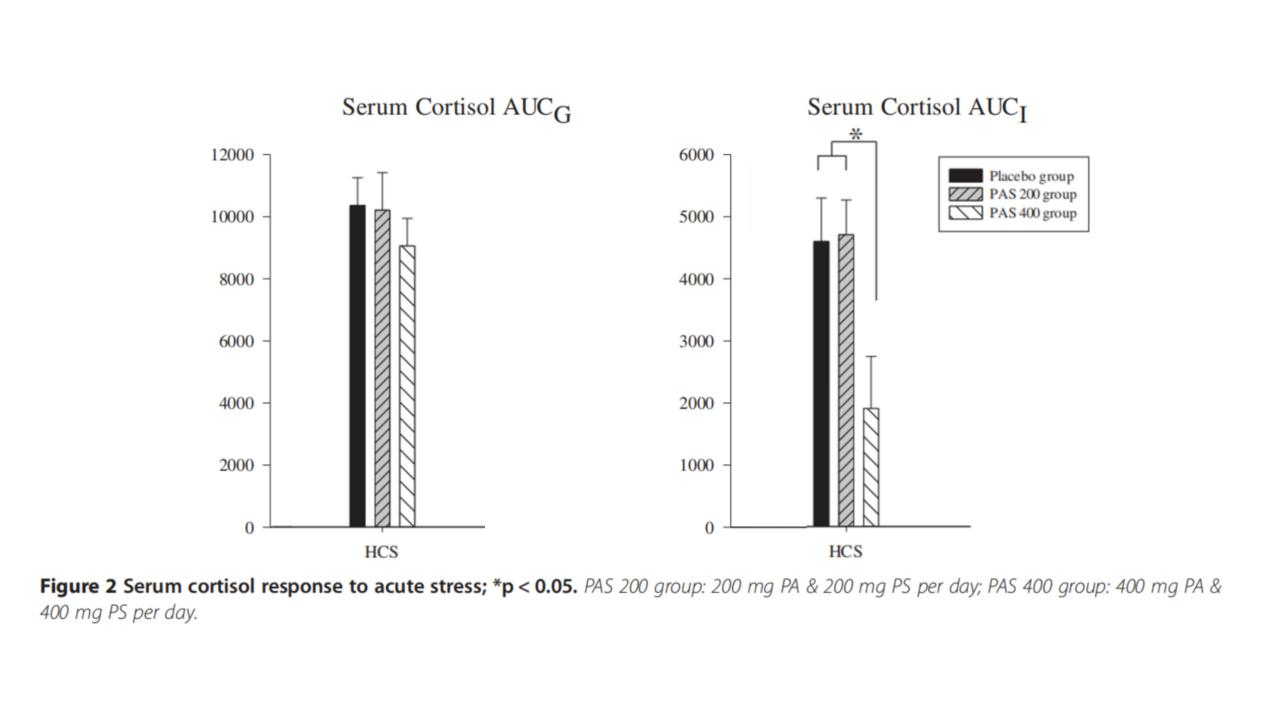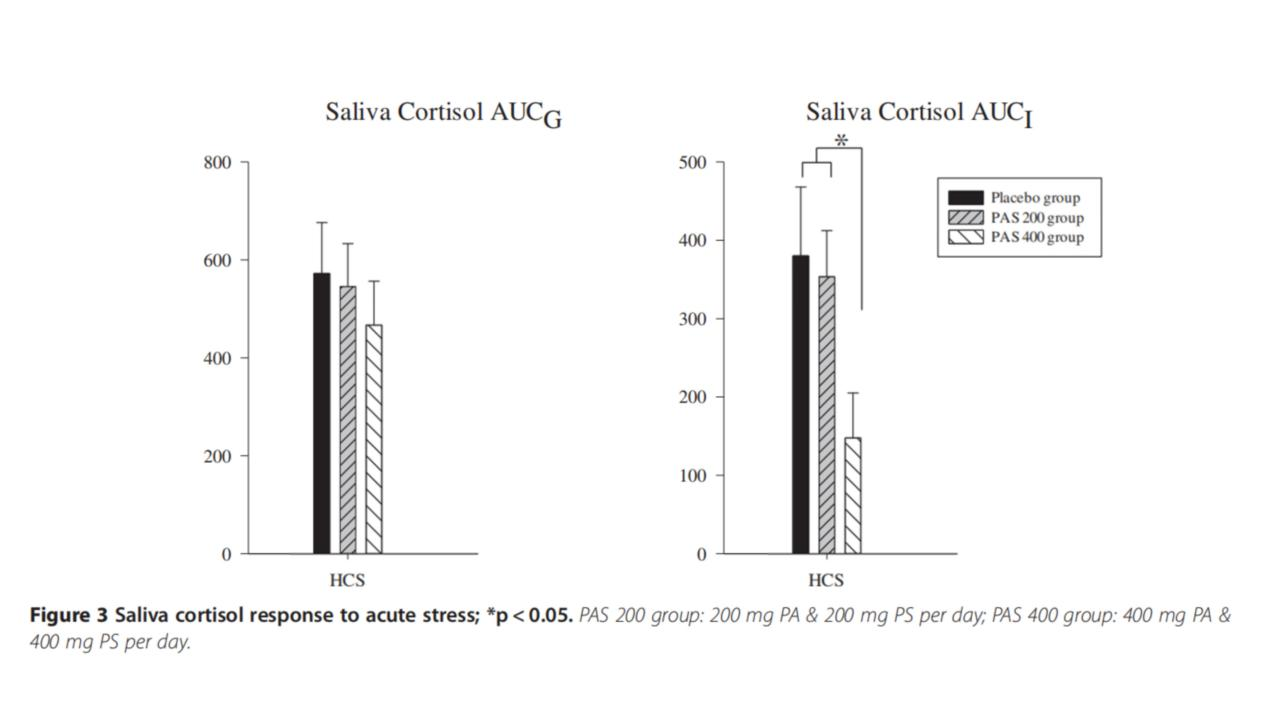In the age of AI, the workplace is like a rough sea, and every professional is a sailor struggling to row. Caught between the ever-changing economic environment and the disruptive impact of AI, professionals face not only mountains of tasks and fierce competition but also the dual pressures of family and finances. Under such high stress, many people’s brains are overwhelmed, leading to anxiety, depression, and other emotions.

Brain health crises are not limited to professionals. The global aging population is also exacerbating brain health issues. Data from the World Health Organization shows that the number of people aged 60 and above worldwide is projected to grow from approximately 2.6 billion in 2020 to nearly 5 billion by 2050. This surge in demand for brain health has driven the rapid rise of the brain-nourishing ingredients market.
Market data from Grand View Research indicates that the global brain health supplements market was valued at $7.68 billion in 2021 and is expected to grow at a compound annual growth rate of 8.3% from 2022 to 2030. This trend reflects people’s strong demand for products that improve brain function and hints at the huge value of products that support brain health.
In this "workplace battle" without smoke, is there a way to empower the brain’s "CPU" and help us easily meet challenges? Absolutely! Phosphatidylserine (PS) is here to help!
What Exactly is PS?
PS (not the "Photoshop" we use for editing images), scientifically known as phosphatidylserine, is a functional ingredient that exists as a core component of the nerve cell membranes in the cerebral cortex of higher animals (including humans) and can also be obtained through external intake.
The cerebral cortex is crucial to humans—our ability to create, think, and stand at the top of the food chain relies on it. If this key part of the brain malfunctions, the consequences could be severe. The brain is like the CPU of a smartphone: iPhones and Huawei phones command high prices thanks to their excellent CPU processors. Similarly, the brain determines differences between individuals, governing everything from basic bodily functions to complex behaviors like memory and communication. Electronic products are evaluated by processing speed and heat dissipation efficiency, and the brain is no different. Long-term anxiety and stress can make the brain feel like an overheating phone, which will eventually "burn out," leading to slow thinking and poor responsiveness.
How to Improve Brain "CPU" Efficiency and Prevent "Overheating"?
PS is not only an important component of brain nerve cell membranes but also nourishes and activates various enzymes in the brain, helping repair damaged brain cells and remove harmful substances. More importantly, it can relieve stress, promote recovery from brain fatigue, and balance emotions—all backed by solid scientific evidence.
Notably, phosphatidylserine is a natural nutrient present in the human body, ensuring biological safety. Infants can obtain PS through breast milk, but its levels in the body gradually decrease with age. Insufficient dietary intake of PS can lead to cognitive decline, memory loss, and poor concentration. These symptoms are more pronounced in the elderly, such as frequent forgetfulness and slow reactions, and in severe cases, may even induce Alzheimer’s and Parkinson’s diseases.
The Science Behind PS Phosphatidylserine’s Powerful Effects
Phosphatidylserine plays a key role in maintaining the structure and function of human cells, especially neurons, with significant effects on relieving stress, improving mood, and enhancing cognitive function. Its magical effects are supported by rigorous scientific mechanisms:
1.Neuroendocrine Regulation: When the body is under stress, the balance of neurotransmitters is disrupted, affecting mood and cognitive function. PS promotes the release of neurotransmitters such as acetylcholine, dopamine, and norepinephrine in the brain. Acetylcholine is crucial for learning, memory, and emotional regulation—sufficient levels enhance memory and attention. Dopamine is associated with pleasure and motivation; proper secretion improves mood. Norepinephrine helps the body cope with stress and maintain a balanced stress response. By regulating the release of these neurotransmitters, PS helps relieve stress, boost mood, and enhance cognitive abilities.
2.Cellular-Level Effects: PS participates in various important cellular activities and acts as a cofactor for some enzymes, playing a vital role in maintaining normal cell function. For example, it is one of the effective phospholipids that activate protein kinase C, which plays a key role in cell signal transduction pathways and regulates cell growth, differentiation, and apoptosis. Additionally, PS interacts with Raf-1 protein kinase to promote a series of cell growth-related reactions. In terms of exercise fatigue, PS can enhance the activity of enzymes such as (Na⁺-K⁺)-dependent ATPase and Ca²⁺ATPase, helping maintain intracellular ion balance, delay fatigue, and keep us energized during work and study.
What Are the Specific Benefits of PS?
1.Stress Regulation: Researchers divided 75 healthy male volunteers into groups based on chronic stress levels, randomly assigning them to a placebo group, a PAS 200 group (200mg PS & 200mg PA daily), and a PAS 400 group (400mg PS & 400mg PA daily) for a 42-day double-blind controlled trial.


Results showed that compared with the placebo group, the PAS 400 group had significantly reduced ACTH, salivary, and serum cortisol responses to acute stress, indicating that PS helps the body better cope with stress[1].
2.Mood Regulation: 48 male college students took 300mg of PS or a placebo daily for 30 days. The results showed that for young people with high neuroticism scores, PS significantly reduced stress and improved mood after completing a stressful mental arithmetic task. Additionally, PS helps reduce depression, especially in people over 65. Parkinson’s patients typically have low PS levels, and supplementation benefits them as well[2].
3.Cognitive Function Enhancement: While most studies focus on patients with cognitive decline, existing research shows that PS affects neurotransmitter release, positively impacting memory, attention, and thinking—critical for young and middle-aged people to enhance cognitive function in study and work.
4.Improved Attention and Reduced Hyperactivity: Scholars like Hirayama studied 36 children aged 4–14, giving the intervention group 200mg/day of PS for 2 months. The results showed that PS significantly improved attention, reduced hyperactivity, and enhanced short-term auditory memory. Daily supplementation with 200mg of PS not only improves cognitive ability and reduces memory impairment but also has no side effects.
Do Humans Need Additional PS Intake Beyond Daily Diet?
Multiple surveys of residents’ nutritional intake show regional differences in dietary PS intake, with a decreasing trend over the years. Modern lifestyle changes—such as reduced consumption of offal, increased awareness of healthy eating (opting for low-fat, low-cholesterol foods and avoiding excessive meat), food crises, and reduced phospholipid content in fats and oils due to modern industrial production—have all led to lower daily PS intake than required. PS is abundant in meat and fish, especially in brains and offal, but scarce in dairy products and vegetables (except legumes). Given its proven safety in toxicological tests, additional PS intake is recommended.
In the wave of the AI era, phosphatidylserine (PS) has become a valuable ally for young and middle-aged people coping with stress, thanks to its ability to regulate stress responses, improve mood, and enhance cognitive function. In today’s booming health product market, choosing a high-quality PS supplement is a wise investment in your health and quality of life.
Choose Maiggic® PS (hyperlink to the official website’s PS introduction page) to empower your brain and embrace a better professional life!
References
[1]《A soy - based phosphatidylserine/phosphatidic acid complex (PAS) normalizes the stress reactivity of hypothalamus - pituitary - adrenal - axis in chronically stressed male subjects: a randomized, placebo - controlled study》
《The Influence of Phosphatidylserine Supplementation on Mood and Heart Rate when Faced with an Acute Stressor》
[3]《Effects of Phosphatidylserine Supplementation on Exercising Humans》